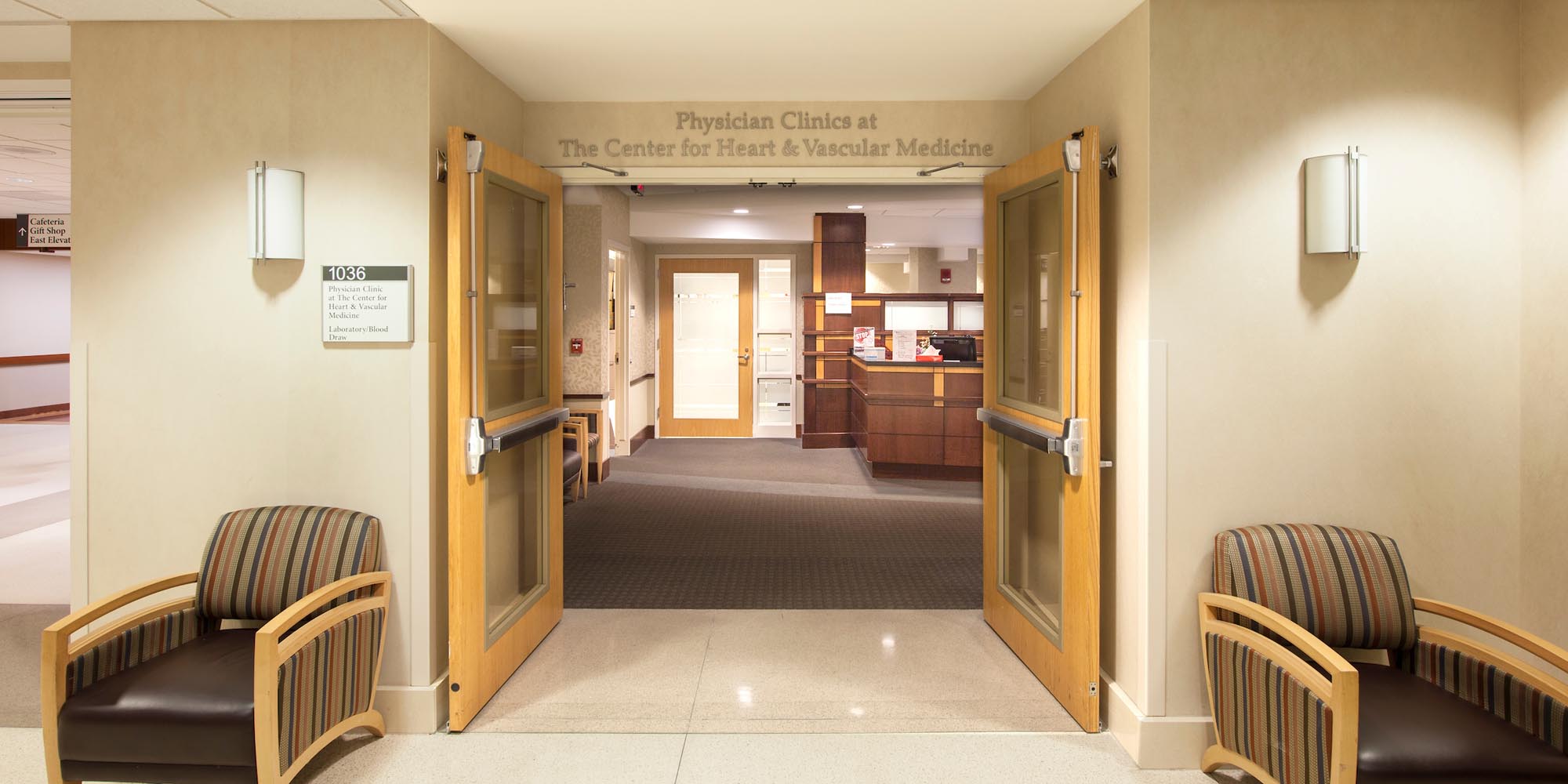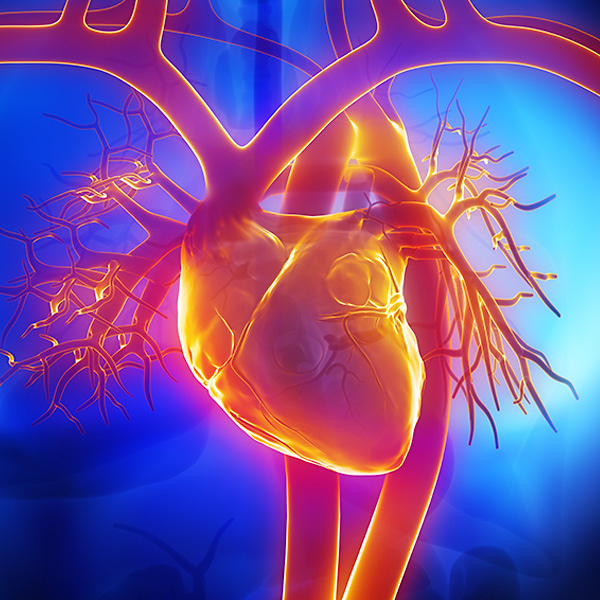Vascular Surgery and Endovascular Therapy
At Loyola Medicine, our highly skilled vascular surgeons are experienced in treating a wide range of vascular diseases, which includes conditions that affect the circulatory system. Vascular disease often results from artery blockage caused by the buildup of plaque, leading to reduced blood flow to your arms, legs, and abdominal organs.
Featured Videos
Symptoms and Treatment Options for Peripheral Artery Disease (PAD)
What is Carotid Artery Disease and How is it Treated?
Locations




